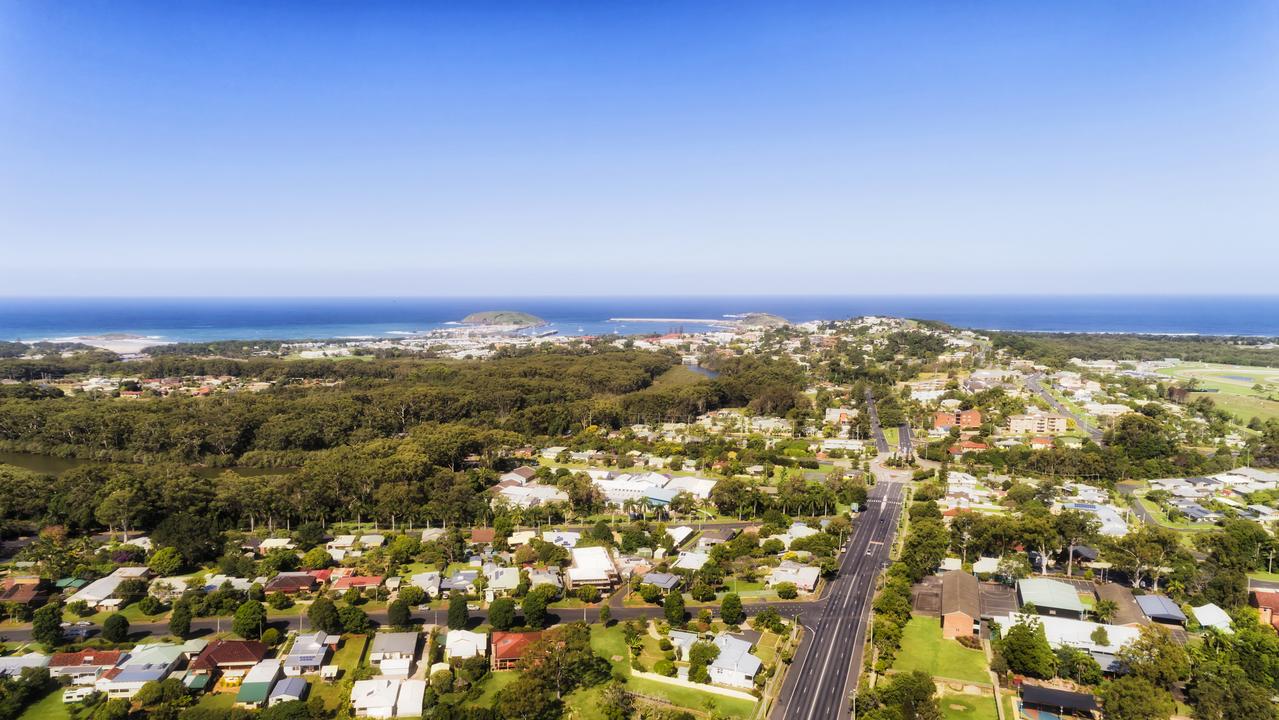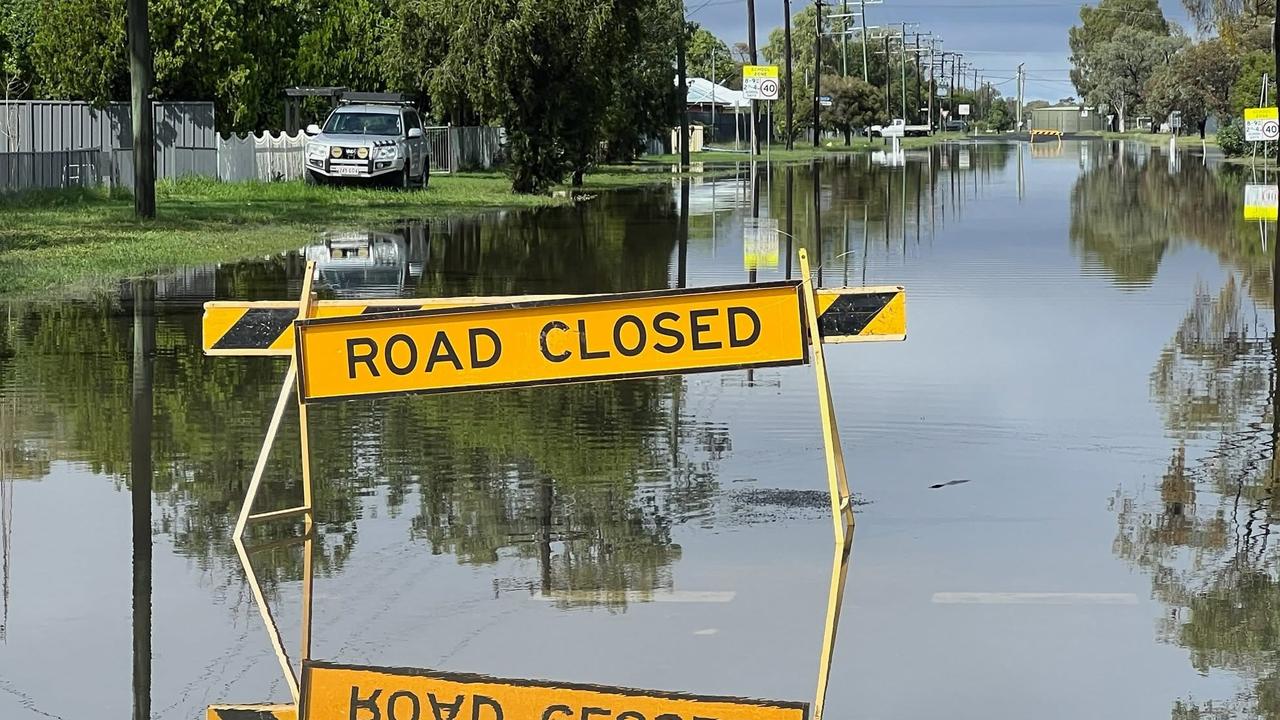Coffs Harbour welcomes cash boost for weather ruined roads
“Truly astonishing” rain bombs have cruelled Coffs Harbour’s road network, but see the street in particular that has a mayor spooked.
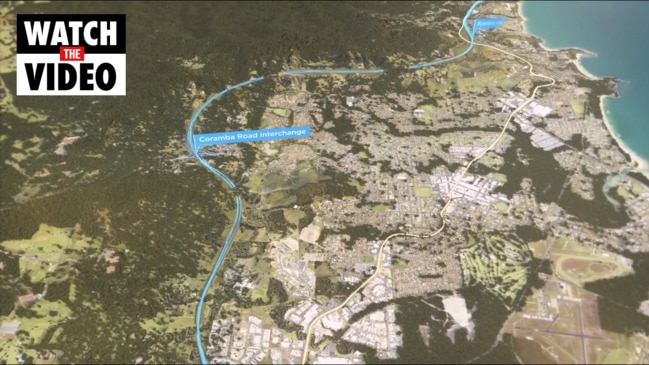
Coffs Harbour
Don't miss out on the headlines from Coffs Harbour. Followed categories will be added to My News.
It’s the car-rattling, wheel-busting pothole patchwork which has driven Coffs Harbour mayor Paul Amos round the bend.
While singing the praises of council’s works crew for their “level of effort” to tackle the storm ravaged road network, Mr Amos said the potholed gateway to Woolgoolga was “not great”.
“It’s not in an ideal position,” he said of the puckered bitumen surface leading to the old town centre and bang outside the landmark Sikh temple, a tourist attraction in itself.
“From what I understand of the problem is that water gets into the cracks and moves under the surfaces turning everything into jelly.”
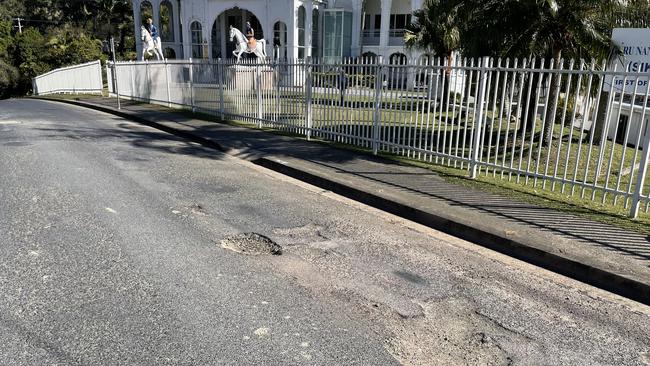
Mr Amos acknowledged what all local motorists know - the roads are in poor shape after a string of heavy rain events and localised flooding in the first half of 2022.
“We are doing our very best,” he said.
“The network is acceptable but only because of the weather we’ve had.”
Help though is on its way - as state Regional Roads Minister Sam Farraway announced a $140 million bucket of cash to address the situation.
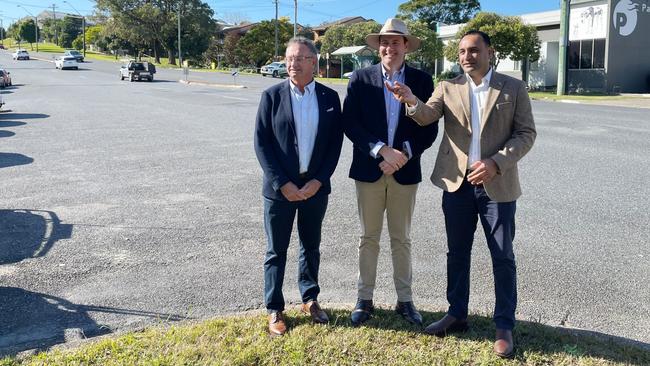
Standing kerbside on Harbour Drive this week, Mr Farraway said 95 regional and rural councils across NSW could put their hand up for support.
“It has been a challenging six months,” he said, while Coffs Harbour MP Gurmesh Singh described the recent weather as “truly astonishing”.
“This is exactly what the community want to see,” Mr Farraway said of the opening of round four of the Fixing Local Roads program.
“We have already funded almost 500 Fixing Local Roads projects across 95 regional councils, reducing the maintenance burden on local councils which are responsible for maintaining well over 85 per cent of the state’s 180,000-kilometre road network,” he said.
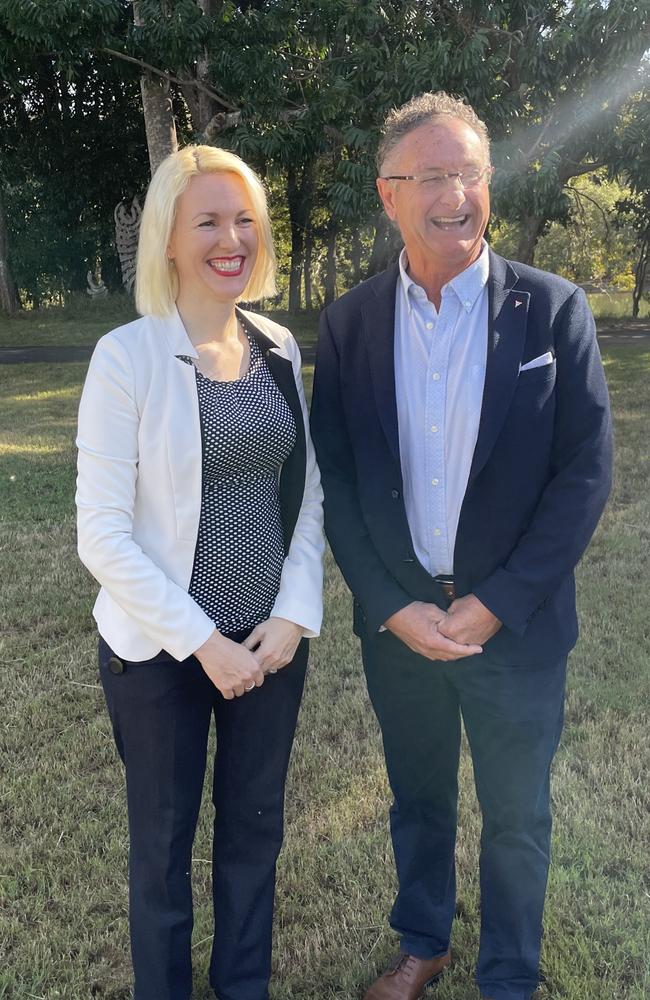
Meanwhile, Coffs Harbour City Council has voted to change the way it applies for state government funds to recoup the costs involved in emergency repairs.
“Under our previous funding option, known as ‘opt-out’, the NSW government would fund 100 per cent of eligible emergency works for roads, bridges and other essential public infrastructure,” council’s Business Services acting director Steve Bayliss said.
“But the emergency works also had to be completed within 21 days and many costs incurred by council were ineligible to be recovered – including waste processing charges, staff costs and use of council’s plant and equipment.
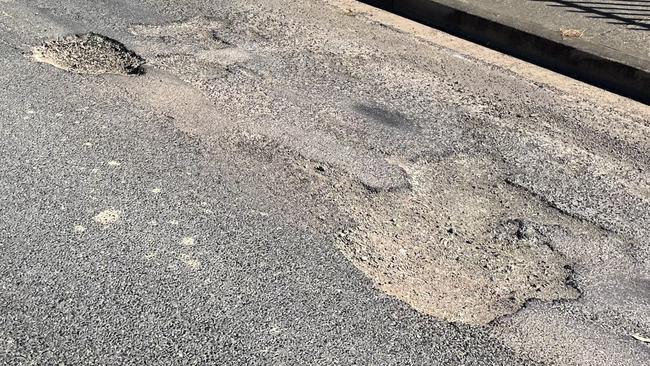
“With more and more frequent events – and cases where one disaster comes along immediately after a previous one – we thought we needed to review the arrangement.”
So Coffs council will now adopt the ‘opt in’ option - which costs more upfront, but could deliver a better financial outcome long term.
Under the Disaster Recovery Funding Arrangement program, the ‘opt-in’ option extends the time limit to complete emergency works to three months. Councils are also able to claim funds for day labour, internal plant and equipment hire and eligible waste processing charges.
“For example, we’ve spent $1.9m on repairing damage from the February 2022 flood including $474,000 in staff and waste processing costs which we can’t claim back,” Mr Bayliss said.
“The opt-in model allows council to claim the employee costs and waste processing charges although it does have a much higher upfront contribution cap of $368,000 in our case, which is a calculation based on our rate revenue.
“Despite this, the cost to council of the February 2022 flood would’ve been $135,000 less under the opt-In model.”
* Councils have until September 9 to apply for round four funding in the Fixing Local Roads program.



